
Transformations for a Sustainable Ocean Economy:
A Vision for Protection, Production and Prosperity
We, the members of the High Level Panel for a Sustainable Ocean Economy (the Ocean Panel), are heads of state and government representing people from across all ocean basins, nearly 40% of the world’s coastlines and 30% of exclusive economic zones. We recognise that the ocean is the life source of our planet and is vital for human well-being and a thriving global economy.
The ocean is home to many complex ecosystems facing significant threats.
The actions we take now can safeguard the ocean’s capacity to regenerate, in order to deliver substantial economic, environmental and social value and offer powerful solutions to global challenges. Rapid action must be taken today to address climate change, acidification, ocean warming, marine pollution, overfishing, and loss of habitat and biodiversity. Failure to act will jeopardise global health, well-being, and economic vitality and exacerbate inequalities.
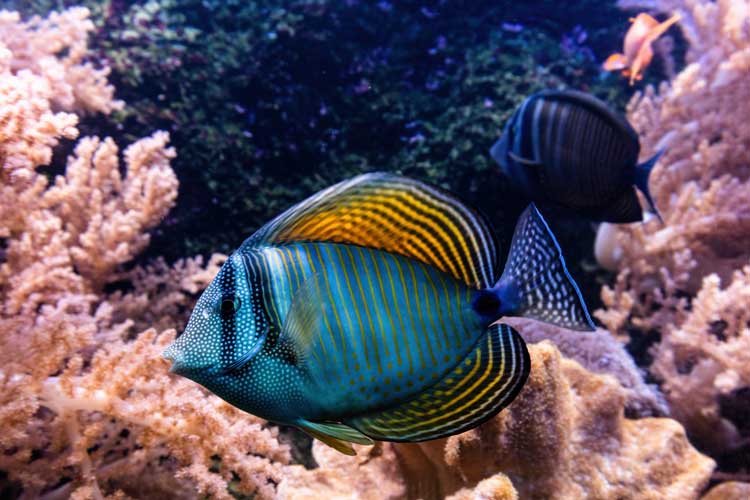
The COVID-19 pandemic has highlighted the deep interconnections between
human and planetary health and the need for nations to work together to
respond to global threats.
The pandemic has caused a dramatic disruption of the global economy, major impacts to our societies, and a huge toll on our communities. It has put increased financial pressure on developing countries and in particular Least Developed Countries and Small Island Developing States.
We have an opportunity and obligation to reset and build a more equitable, resilient, knowledge-based and prosperous future that is in harmony with nature. The ocean and its related economy offer a wealth of opportunities to support this transition.
Building a sustainable ocean economy is one of the most important tasks and greatest opportunities of our time. It is critical to achieving the goals of the 2030 Agenda for Sustainable Development, and it is vital if we are to emerge from current and future crises with stronger economies, healthier people and more resilient communities.

We commit to bold transformations towards a sustainable ocean economy where environmental protection and conservation, and economic production and prosperity, go hand in hand.
These transformations must unleash the full force of innovation across sectors in technology, finance, and governance, and do so at pace and scale, guided by the following principles:
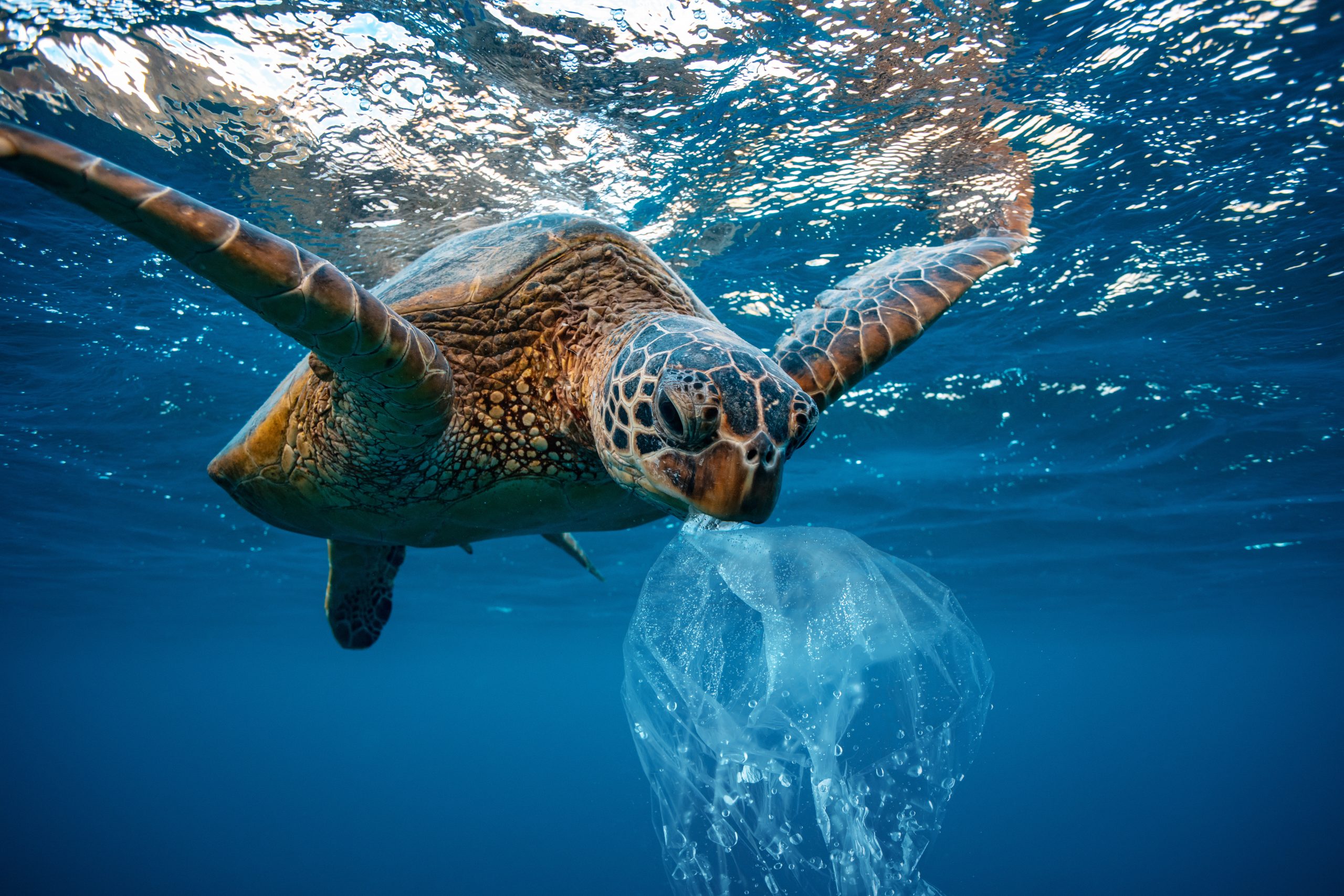
Alignment
Ocean protection and production must align with the UN Framework Convention on Climate Change and the Paris Agreement, the Convention on Biological Diversity, and the Polluter Pays Principle as set out in the Rio Declaration. Actions must be aligned across ocean-based and land-based activities and ecosystems.
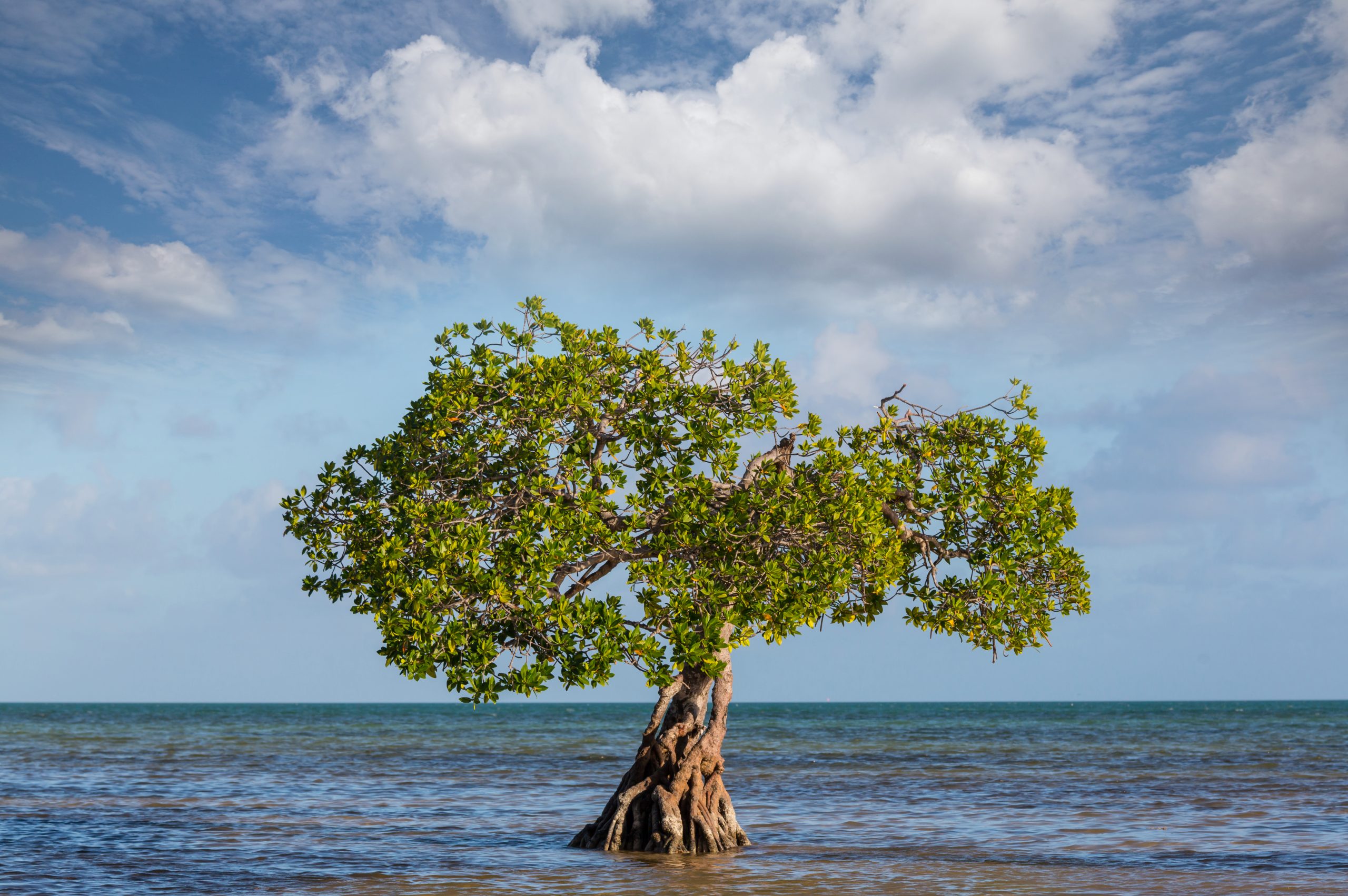
Inclusiveness
Human rights, gender equality, community and Indigenous Peoples’ participation, through their free, prior and informed consent, must be respected and protected.
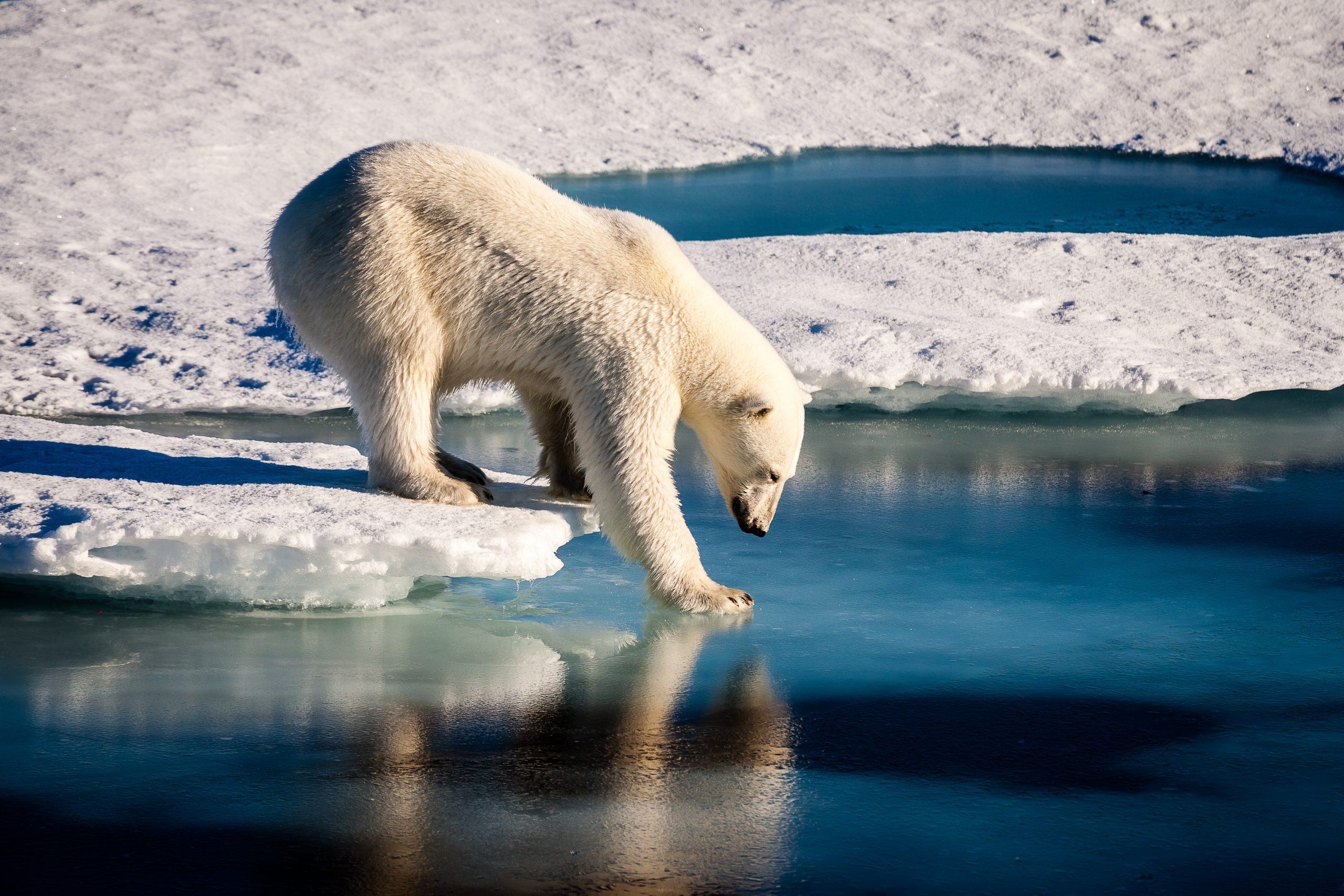
Knowledge
Ocean management must be informed by the best available science and knowledge, including indigenous and local knowledge, and aided by innovation and technology.
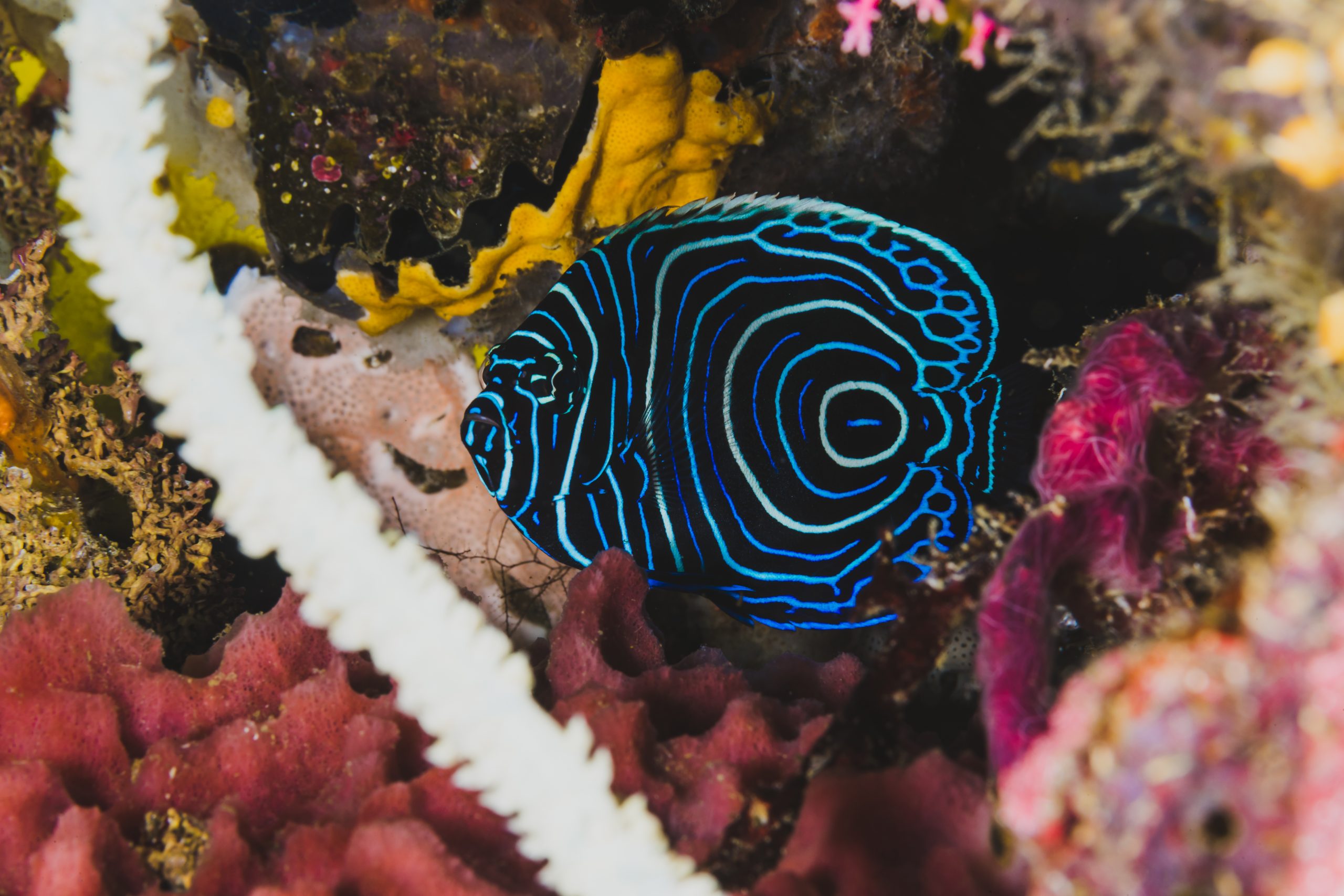
Legality
The UN Convention on the Law of the Sea is the legal basis for all ocean activities, and existing international ocean commitments must be implemented as a foundation for achieving a sustainable ocean economy.
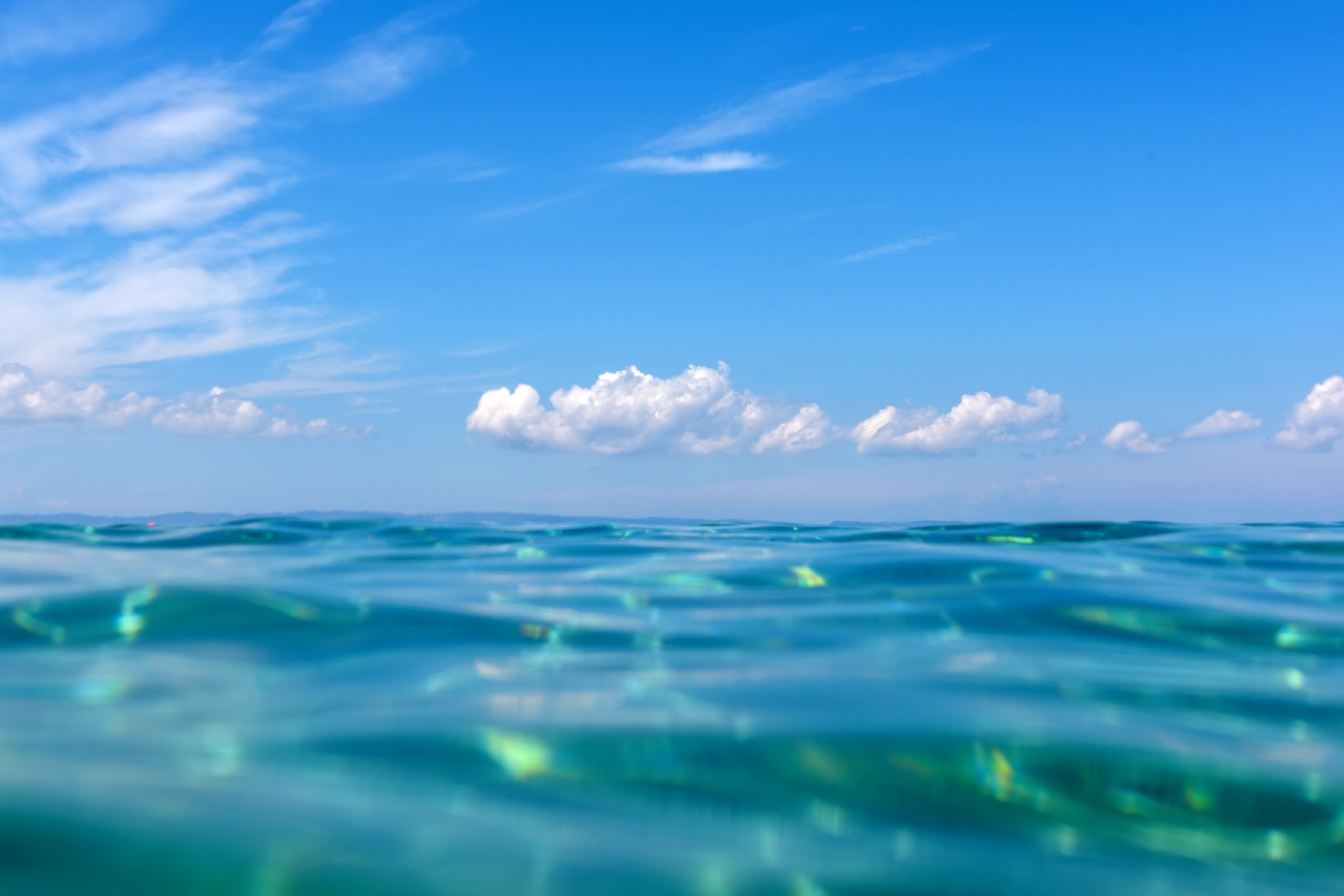
Precaution
Where there are threats of serious or irreversible damage, lack of full scientific certainty shall not be used as a reason for postponing cost-effective measures to prevent environmental degradation.
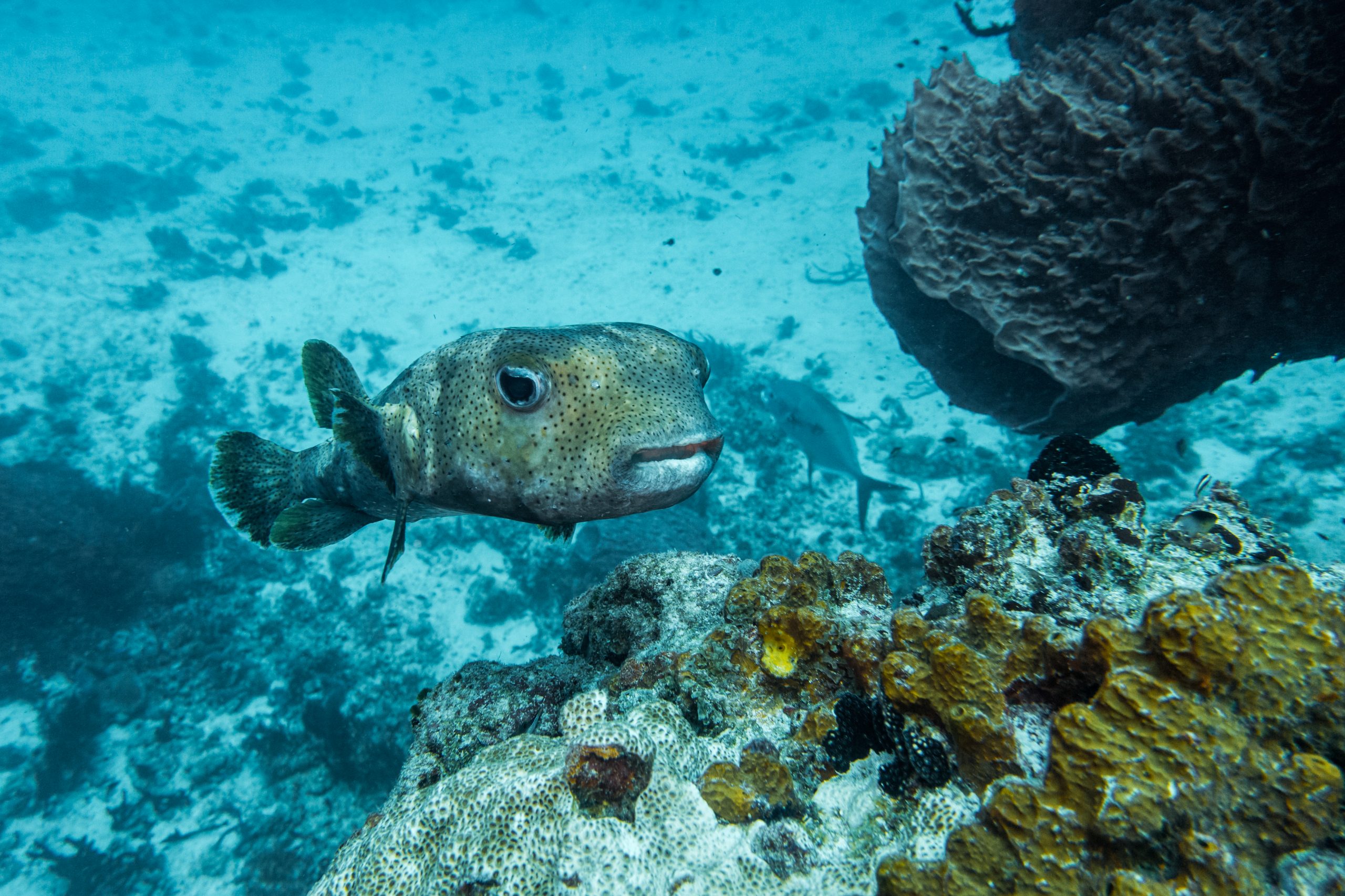
Protection
A healthy ocean underpins a sustainable ocean economy. A net gain approach must be applied to ocean uses in order to help sustain or restore the health of the ocean.
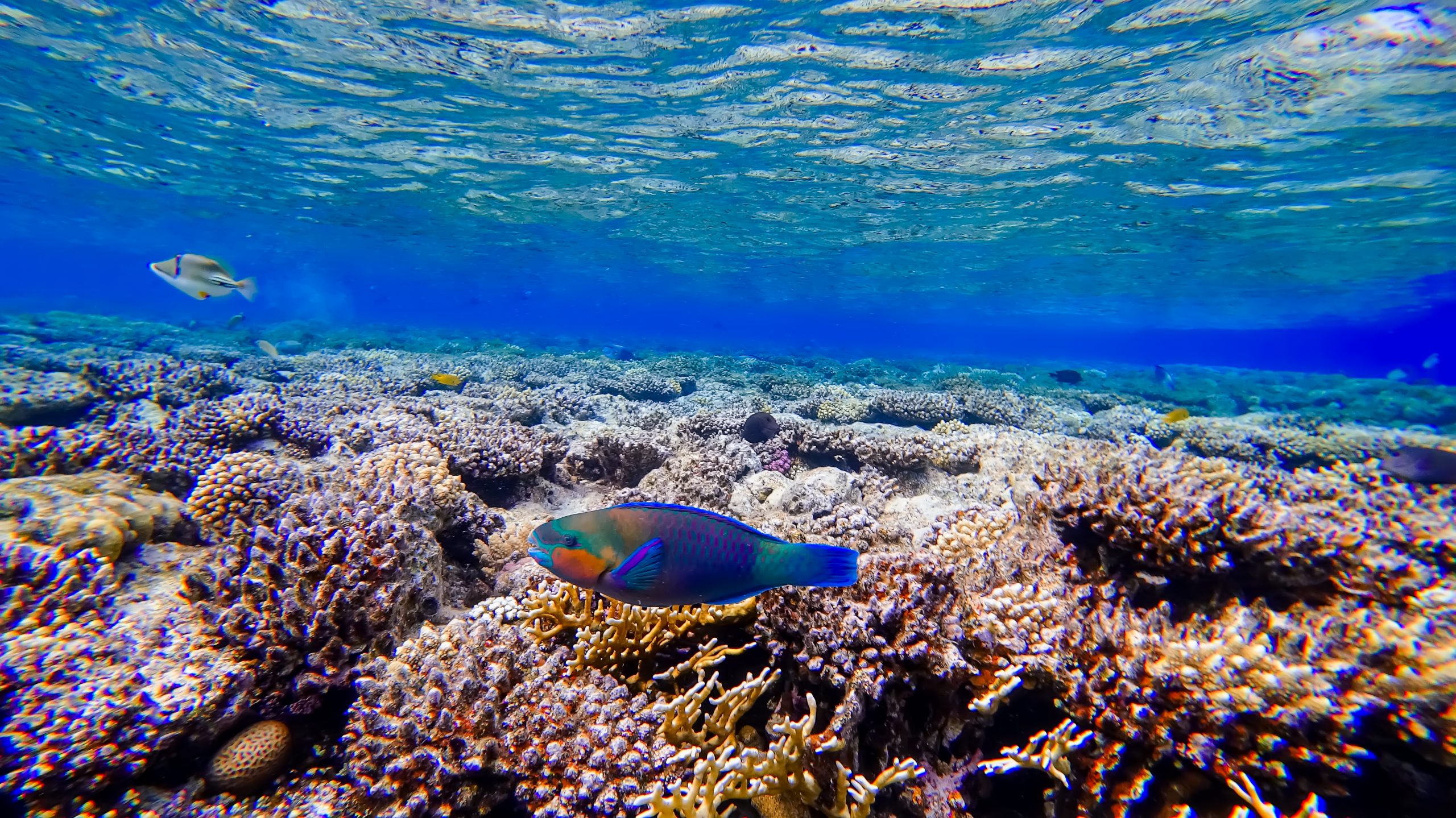
Resilience
The resilience of the ocean and ocean economy must be enhanced.
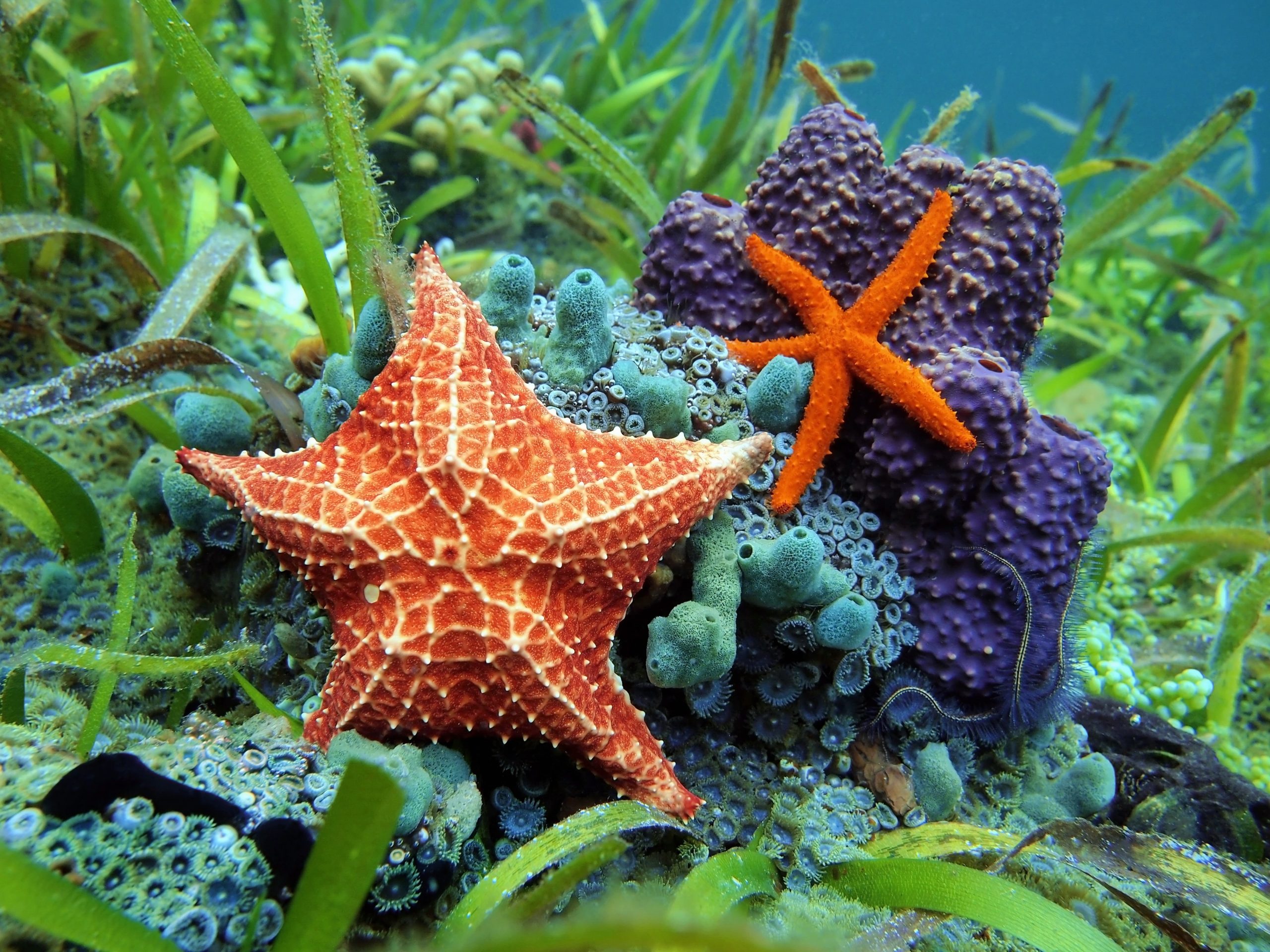
Solidarity
The need for access to finance, technology and capacity building for developing countries, especially Small Island Developing States and Least Developed Countries, must be recognised, taking into account their particular circumstances and vulnerabilities.
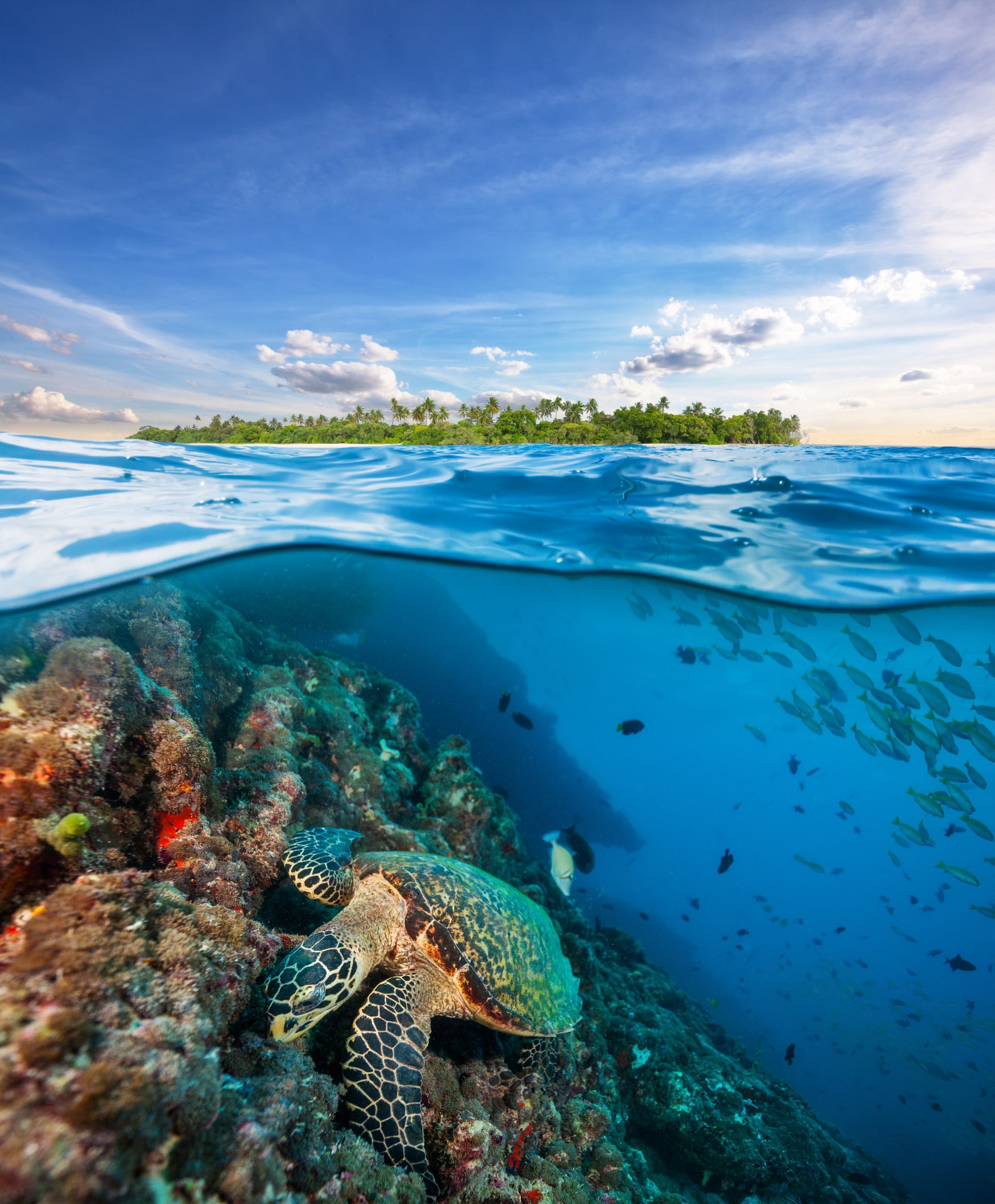
Sustainability
The production and harvesting of ocean resources must be sustainable and support resilient ecosystems and future productivity.

We will leverage the UN Decade of Ocean Science for Sustainable Development and the body of knowledge commissioned by the Ocean Panel to build collective understanding and knowledge of ocean sustainability, ecosystem services and functions, and ensure that science underpins decision-making for building a sustainable ocean economy.


